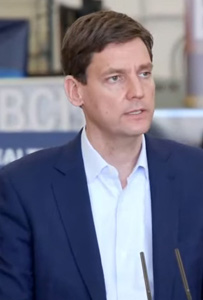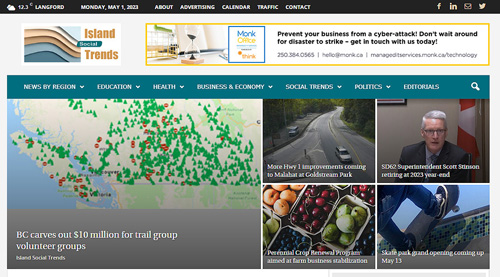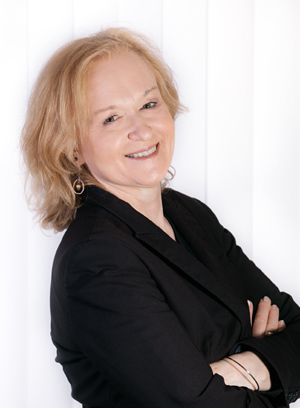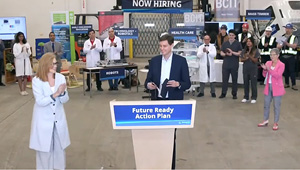
Tuesday May 2, 2023 | VICTORIA, BC [Updated May 3, 2023]
by Mary P Brooke | Island Social Trends
A recent sudden surge in in-migration to British Columbia is among the pressures on the economy and social realities.
Housing availability, cost of living, an aging workforce, load on the health-care system and the availability of skills workers to match employment opportunities are among those pressures.
Today Premier David Eby noted the population surge, saying it’s growing very quickly: “In the past two years, more than 250,000 people have moved to BC. That’s the most newcomers we’ve seen from other provinces and other countries in 60 years.”
BC ended up having promoted itself across Canada and to the world during 2020 and 2021 by remaining open during the COVID pandemic (including schools), and supporting individuals and businesses with responsive financial and program supports even into the economic recovery phase.
Prior to the pandemic years — but also continuing — is the draw of BC’s moderate climate, natural environmental beauty, and access to an outdoor recreational lifestyle.
Net population growth (births replacing deaths) of the current BC population will be zero by 2030, it has been stated previously by the BC Government.
Skills training for the needed jobs:
Eby quantified the influx population growth during his announcement about the Future Ready training-for-job-sector initiative in Vancouver today, accompanied by Post-Secondary Education and Future Skills Minister Selina Robinson and the Minister for Jobs, Economic Development and Innovation Minister Brenda Bailey.
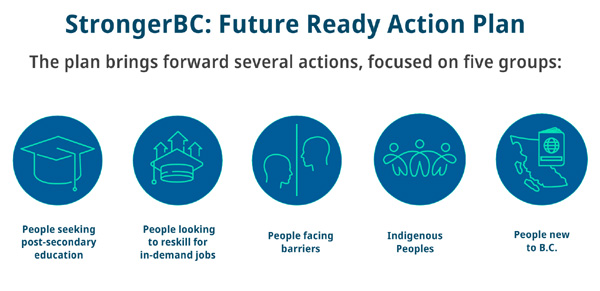
“Adapting to the changing economy is a critical part of this plan,” said Minister Robinson today, noting that “the economy has changed at a pace we have never seen before”.
She insisted that the Future Ready plan has the ability to adapt as conditions change. New strategies itemized include the availability of $3,500 grants for micro-credential training, and an increase in the amount available through student loans.
Five-part action plan:
The Future Ready Action Plan is focused on five pillars:
- making post-secondary education more affordable, accessible and relevant to British Columbians;
- helping people reskill to find in-demand jobs so more employers facing current and future skills shortages can find the people they need;
- breaking down barriers so everyone can find a job where they can thrive;
- addressing Indigenous Peoples͛ workforce priorities;
- ensuring people new to B.C. find a career in the field in which they are trained.
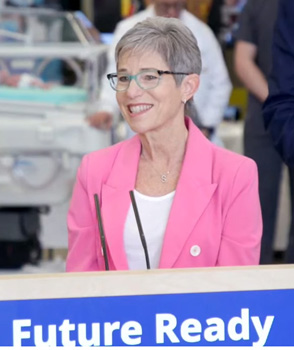
Onslaught of challenges:
Considering the magnitude of that population influx, the provincial government might be seen to be doing very well in coping with the demand on housing and services.
But the quarter-million population increase in two years speaks to the onslaught of a range of challenges that will need to be deal with cross-ministry.
People are the economy:
“People are the economy,” said Premier Eby today. He said that supports with skills, child care and housing are necessary “to grow the economy we need”.
The Future Ready program is “a significant investment in British Columbians”, he told media today.
A welcoming place:
Eby calls BC a welcoming place, and people are welcome to relocate here. He says this is good for the economy, that there is “continued advantage in being open and welcoming in BC”. He noted that English language training is free for newcomers.
===== ABOUT ISLAND SOCIAL TRENDS:
Island Social Trends has been covering politics, business, education and communities through a socioeconomic lens since 2008 on south Vancouver Island (previously as print editions of West Shore Voice News, and before that both Sooke Voice News and MapleLine Magazine, before launching the fully online news portal Island Social Trends in mid-2020).
For all of those publications over 15 years, the editor has been journalist, publisher and entrepreneur Mary P Brooke, B.Sc., Cert PR.
Mary P Brooke now reports with the BC Legislative Press Gallery.
ARCHIVES: POLITICS | HOUSING | BUSINESS & ECONOMY




